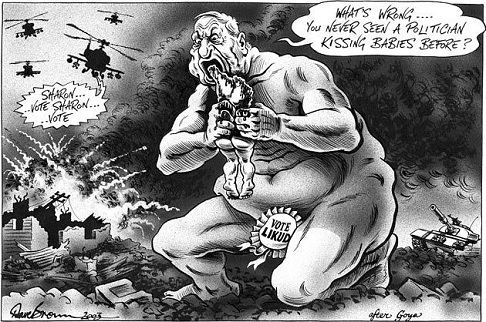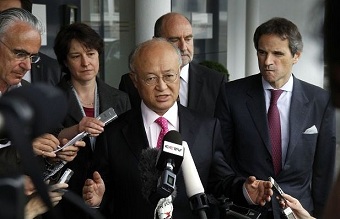British Supreme Court endorses extradition of Julian Assange

“In effect, the four-page WikiLeaks statement depicted the decision in London as a prelude to a much grimmer challenge awaiting Mr. Assange than the sex abuse charges.” - The New York Times
At the UK Supreme Court in London, Wednesday, WikiLeaks founder Julian Assange lost his appeal against extradition to Sweden. The judges ruled by a majority of five to two that the extradition request had been “lawfully made”.
Assange is challenging the extradition, which is based on contested allegations of sexual assault made by two women in August 2010.
Though the ruling allowed for Assange’s extradition as soon as possible, his lawyer Dinah Rose requested a 14-day stay be granted in which to consider an application to re-open the court’s ruling. She said that, from an initial reading, the decision could have been made on the basis of legal points never argued by either side during the initial Supreme Court hearing in February.
If Assange decides to appeal on these grounds, a court statement said, “the Justices will then decide whether to re-open the appeal and accept further submissions (either verbally through a further hearing, or on paper) on the matter.”
Despite the fact that he has never been charged with any crime in Sweden or any other country, Assange was arrested in London in December 2010 under the anti-democratic European Arrest Warrant (EAW) system. Even on the arrest warrant, issued by Swedish public prosecutor Marianne Ny, he is not designated as an “accused” person.
Assange has since spent 540 days under house arrest in Norfolk under restrictive bail conditions. He is forced to wear an electronic ankle tag at all times and has to report to a local police station daily.











































